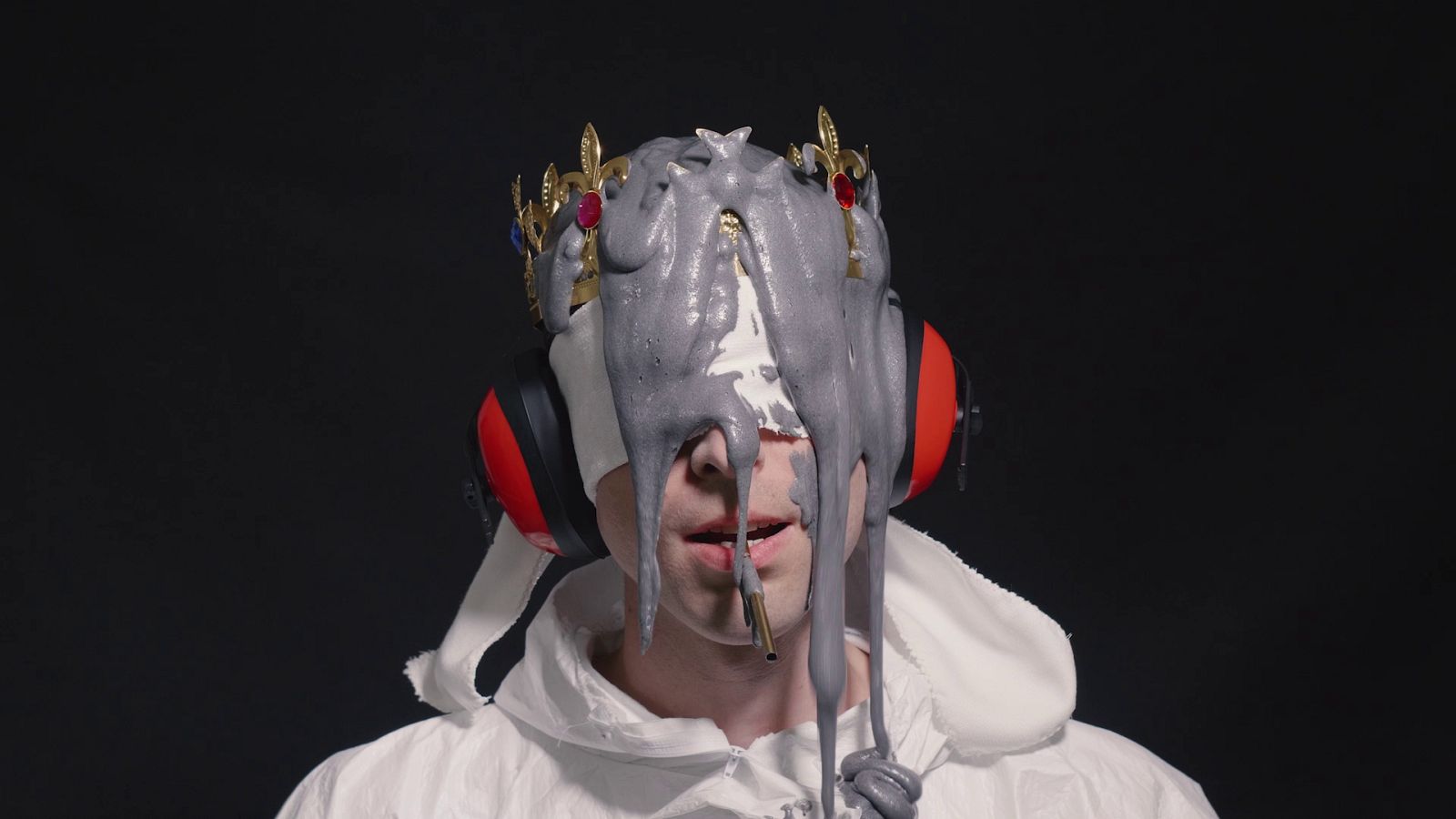
Dario di Paolantonio
Keywords: Parasite, Non-human, Philosophy
Dario di Paolantonio is a writer, researcher and filmmaker. His work tackles philosophical questions by inquiring into contemporary issues, focusing on media landscapes and the worlds beyond humans. Drawing from metaphysics, semiotics and literature, he builds his conceptual frameworks with different techniques, in the form of video-essays and strong narratives.
Graduation Project
Looking closer at the world of the tick, the eyeless blood-sucking parasite, we are asked to adapt our perspective to a weird realm of nature, one that nevertheless shapes us. At this scale we stumble across an uncanny realisation: we are no less alien to the other than we are to ourselves. The tick's world seems odd to us and hard to conceive, but the human being might be as well quite unfamiliar.
A philosophical reflection through the lens of the microscopic perspectives, The Blind Point ponders on the limits of imagination and representation. Dario di Paolantonio's visual essay questions the separation that is drawn between humans and non-humans, by taking the viewer through a walk in the forest, or following a tick crawling on skin.

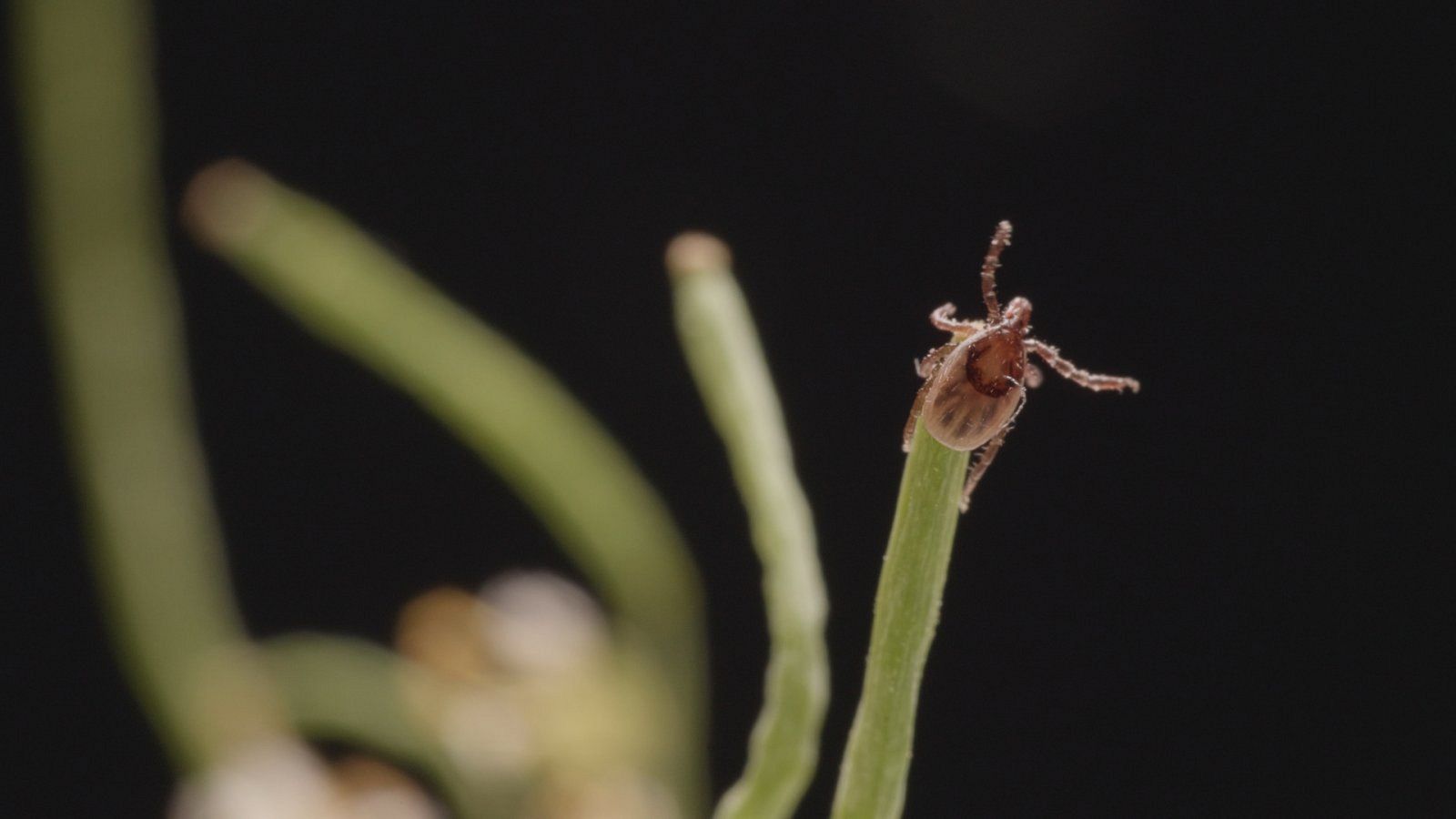
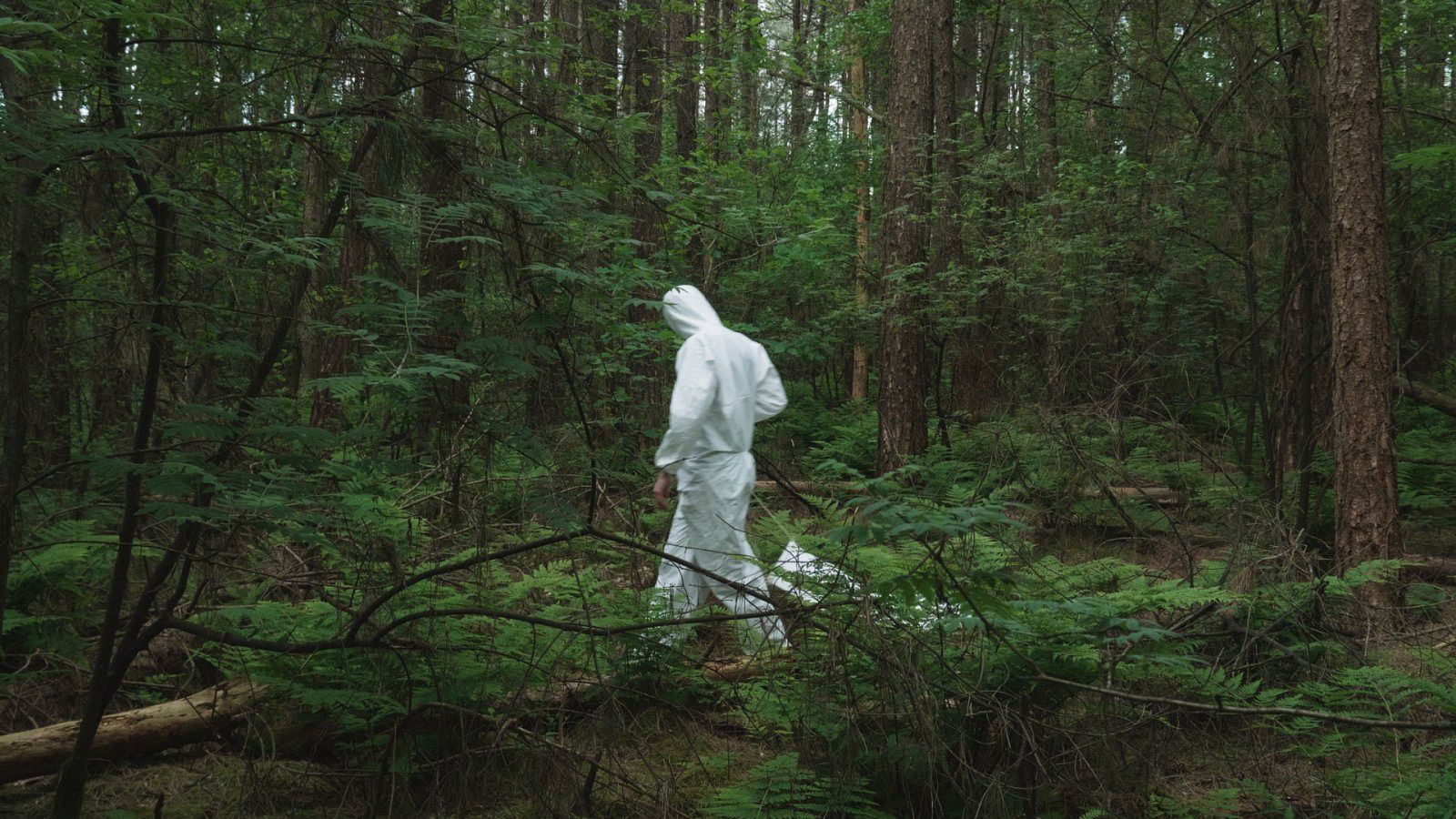
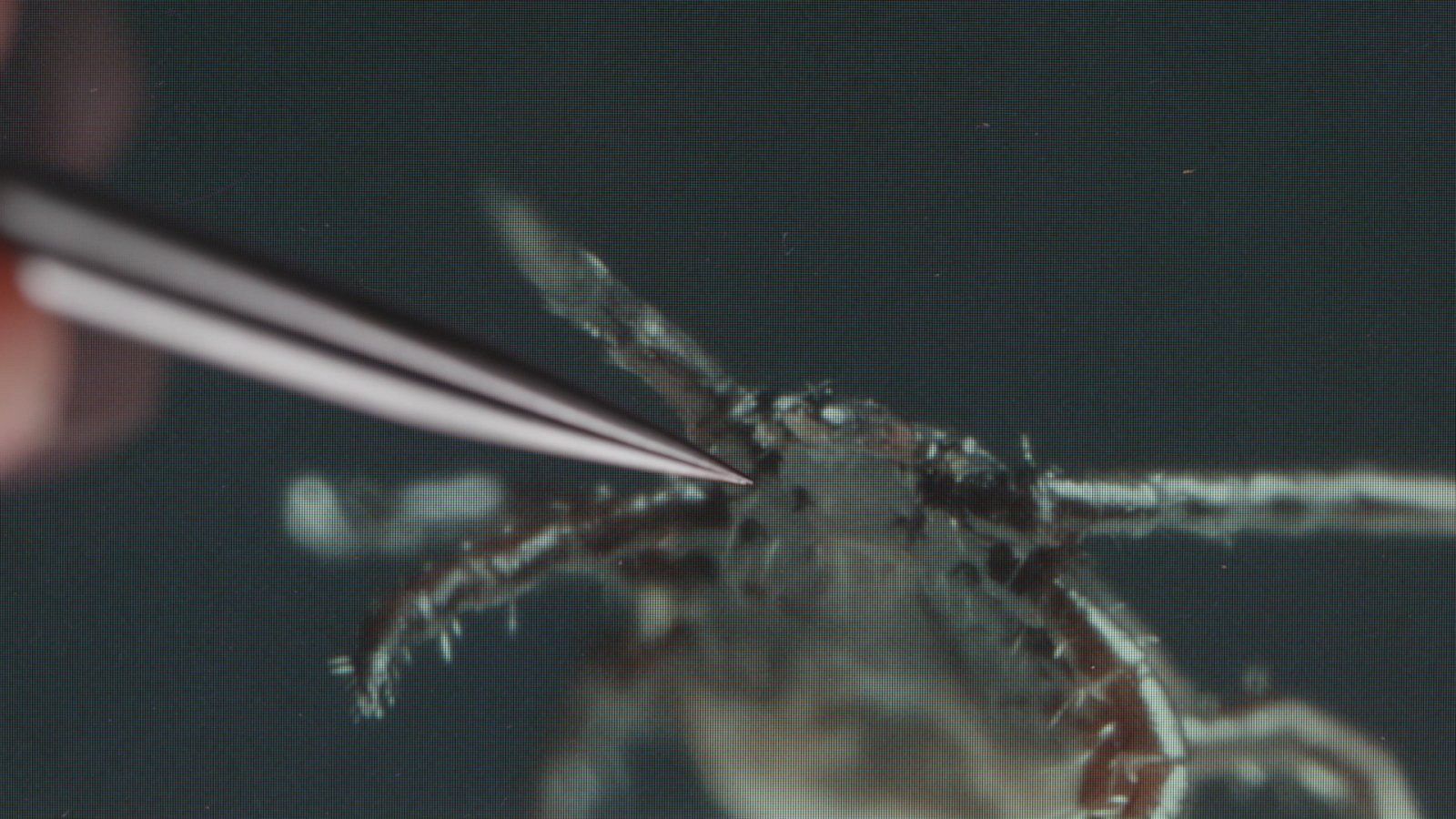
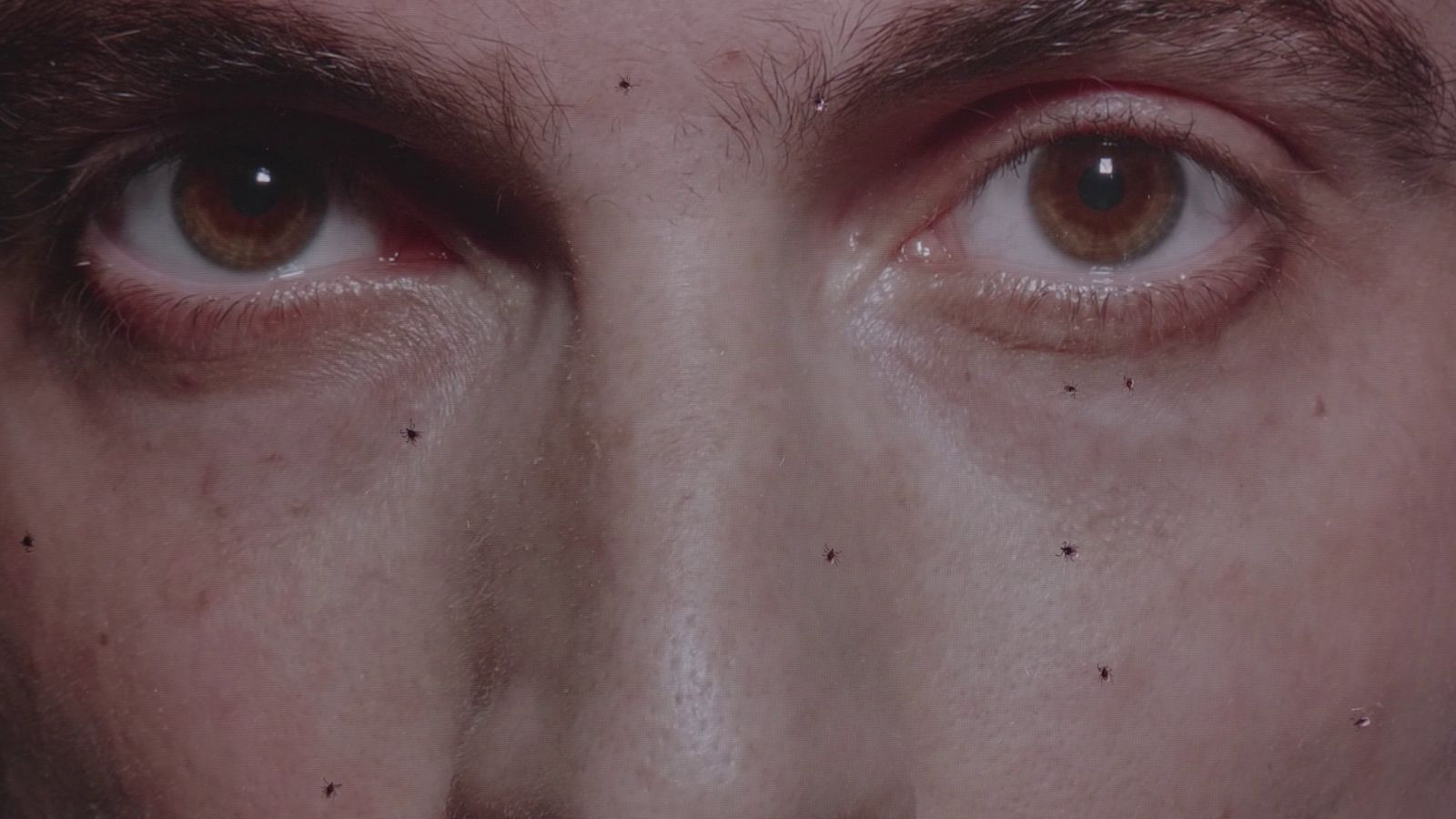

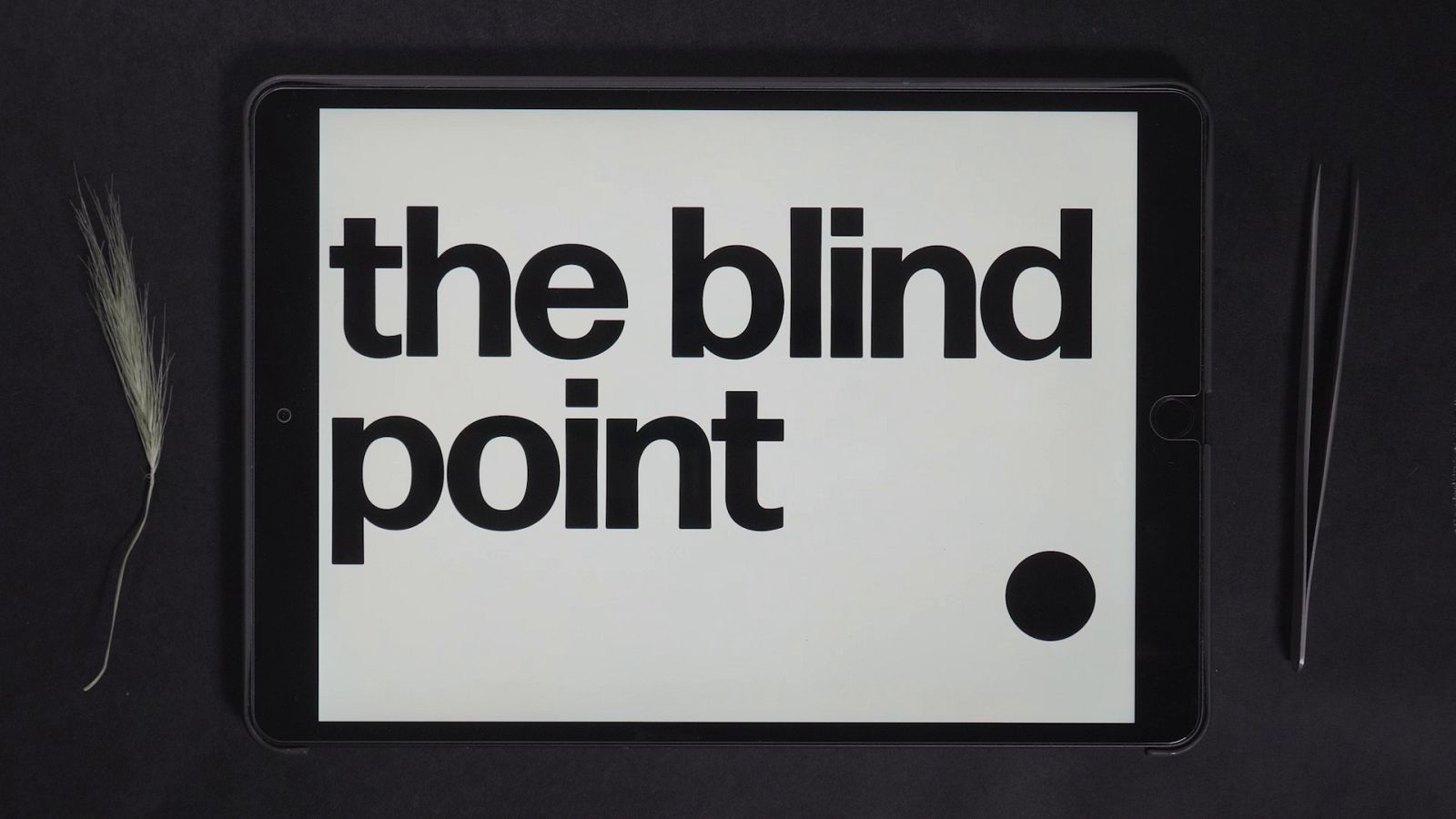
In terra incognita
Thesis
“The world we want is a world in which many world fits”: this is the call of the Zapatistas, a grassroot movement based in the southern part of (what we call) Mexico. But how to think the political project of the ‘pluriverse’? What are the theoretical implications?
The main difficulty lies in thinking and acting with divergences, bifurcations, and incompossibles, avoiding encompassing principles that would flatten (or eliminate) all the differences. Here a place opens: the unknown constituted by multiple divergent worlds. I called this place terra incognita. But for outlining a theoretical framework for the confrontation and co-existence with divergent worlds, I believe that one has to reject first of all those theories that pose the ‘Human’ as an exceptional character on the Earth, the special Being among the other beings.
I mostly analyzed this aspect in my thesis. The concept of perspectivism is the main focus of the 1st chapter. Neither universalism nor simpleminded relativism, perspectivism refuses the notion of a true, stable and unique world, and affirms the idea of an ever-changing becoming. This, as discussed in the 2nd chapter, entails a reconceptualization of the body, understood as the locus of a continuous process of interpretation. The different worlds, or Umwelten, seen as the set of relations and interpretations, are not isolated, but rather are the expression of the becoming itself from a particular point of view. The 3rd chapter looks at the semiotic nature of those relations, at the base of every living process. That’s a crucial aspect to erase the stark separations between humans and non-humans, natures and cultures, posed by any dualistic approach. Everything is part of the becoming, but is always becoming-with, in a close contact with other diverging worlds.